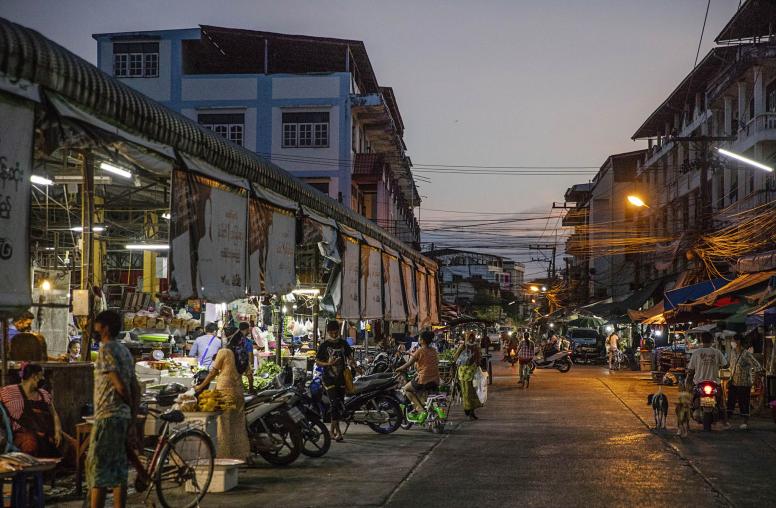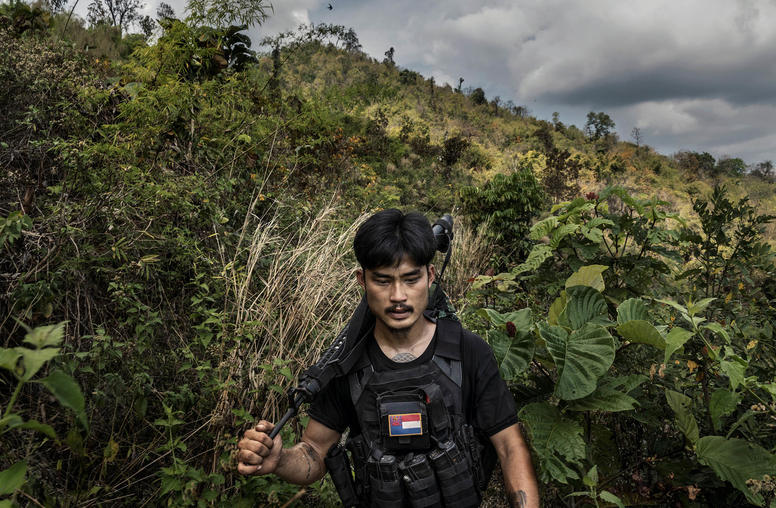Priscilla A. Clapp
Contact
Please submit all media inquiries to interviews@usip.org or call 202.429.3869.
For all other inquiries, please call 202.457.1700
Priscilla Clapp is currently a senior advisor to the U.S. Institute of Peace and the Asia Society. She is a retired minister-counselor in the U.S. Foreign Service.
During her 30-year career with the U.S. Government, Clapp served as chief of mission and permanent charge d’affaires at the U.S. Embassy in Burma (1999-2002), deputy chief of mission in the U.S. Embassy in South Africa (1993-96), principal deputy assistant secretary of state for Refugee Programs (1989-1993), deputy political counselor in the U.S. Embassy in Moscow (1986-88), and chief of political-military affairs in the U.S. Embassy in Japan (1981-85). She also worked on the State Department's Policy Planning Staff, in the East Asian, Political Military and International Organizations bureaus, and with the U.S. Arms Control and Disarmament Agency.
Prior to government service, Clapp spent ten years in foreign policy and arms control research, with the MIT Center for International Studies and as a Research Associate at the Brookings Institution. She is a member of the Council on Foreign Relations and the International Institute for Strategic Studies.
Clapp’s books include: with Morton Halperin, "Bureaucratic Politics and Foreign Policy" (Brookings, 2006), with I.M. Destler et al., "Managing an Alliance: the Politics of U.S.-Japanese Relations" (Brookings, 1976), with Morton Halperin, "U.S.-Japanese Relations in the 1970's" (Harvard, 1974). She is a frequent media commentator and the author of numerous publications on Burma and U.S. Burma policy with USIP, the Brookings Institution, the East-West Center, Australia National University, the Asia Society, the National Bureau of Asian Research, Singapore’s ISEAS and others.




